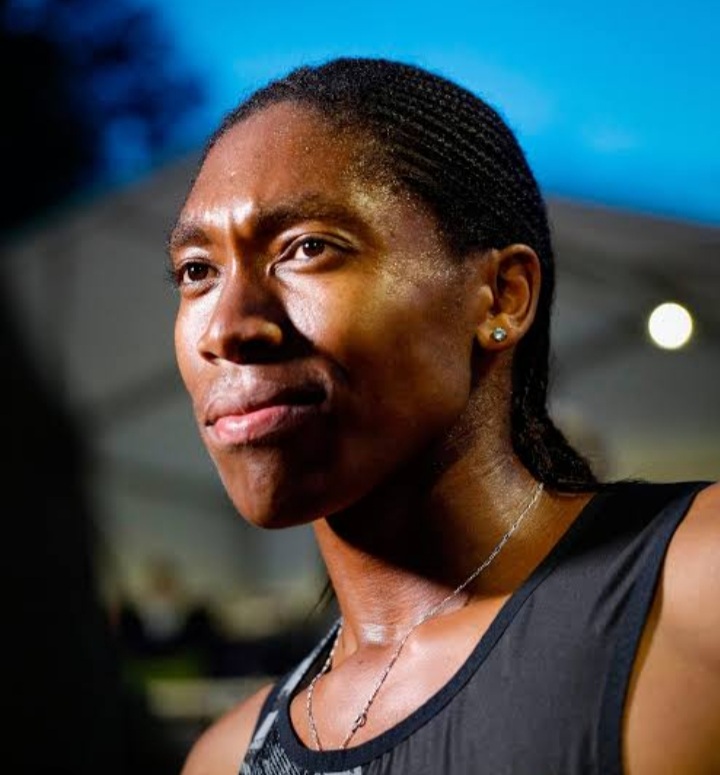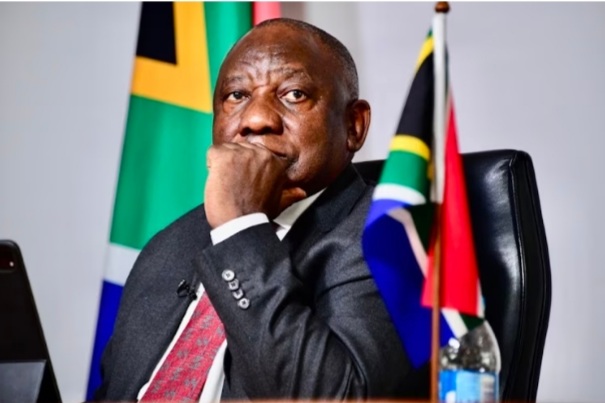The extraordinary career of Caster Semenya took another twist on Tuesday when the European court of human rights (ECHR) ruled she had been let down by the Swiss legal system in her battle against limits on testosterone levels for female athletes.
Semenya, who won gold in the 800m at the 2012 and 2016 Olympics, was born with differences in sex development (DSD), meaning her body naturally produces higher levels of testosterone than women without the condition. She has not been allowed to compete in elite events between 400m and a mile since 2018, when World Athletics, the sport’s governing body, implemented a new policy for DSD athletes that compelled them to reduce their testosterone levels to less than 5 nmol/L in order to race across those distances. DSDs are in the male range of 7.7-29.4 nmol/L.
The policy was upheld by the court of arbitration for sport (Cas) the following year, and then by a Swiss federal tribunal in 2020, leading to Semenya taking her long-running legal battle against the regulations to the ECHR.
The ECHR ruled on Tuesday that Switzerland had not afforded Semenya “sufficient institutional and procedural safeguards” to allow her to have her complaints examined effectively. The “high stakes” involved for Semenya “should have led to a thorough institutional and procedural review”, the court
Semenya had been unable to obtain such a review, therefore the ECHR was “unable to determine whether the DSD regulations, as applied in the applicant’s case, could be considered a measure that was objective and proportionate to the aim pursued of protecting fair competition for female athletes”. The court said Semenya complaints of discrimination as a result of World Athletics’ DSD regulations were “substantiated and credible”, but that its judgment does not bring into question the governing body’s policy.
The seven ECHR judges found by a majority of four to three that Semenya’s rights under Article 14 of the European convention on human rights, which concerns discrimination, had been violated. The Swiss federal tribunal was also found to have violated Article 13 in not providing Semenya effective remedy against discrimination
In response, World Athletics said its regulations, which since March have required DSD athletes to reduce their testosterone levels to 2.5 nanomoles per litre for a minimum of six months in order to compete in any international event, were “a necessary, reasonable and proportionate means of protecting fair competition in the female category” and said it would encourage the Swiss state to refer the ECHR decision to the Grand Chamber for a final judgment.
“World Athletics notes the judgment of the deeply divided Chamber of the European court of human rights,” a governing body statement read. “We remain of the view that the DSD regulations are a necessary, reasonable and proportionate means of protecting fair competition in the female category as the court of arbitration for sport and Swiss federal tribunal both found, after a detailed and expert assessment of the evidence.
“The case was filed against the state of Switzerland, rather than World Athletics. We will liaise with the Swiss government on the next steps and, given the strong dissenting views in the decision, we will be encouraging them to seek referral of the case to the ECHR grand chamber for a final and definitive decision. In the meantime, the current DSD regulations, approved by the World Athletics council in March 2023, will remain in place.
Semenya came to prominence in 2009 when the then 18-year-old posted a world-leading personal best time of 1min 56.72sec to win gold at the African junior championships. That led to rumours and speculation over her gender, which only intensified after she won the first of three world championship gold medals at that summer’s event in Berlin. “People want to stare at me now. They want to touch me,” said Semenya in an interview with the Guardian a few months later, having been subjected to controversial sex tests in Germany and South Africa. “I’m supposed to be famous but I don’t think I like it so much.”
Schona Jolly KC from Cloisters, a barrister who had acted for Semenya in the ECHR case, said: “We are absolutely delighted for our client today. Caster has never given up her fight to be allowed to compete and run free. Today’s judgment is testament to her resilience and courage.
“This important personal win for her is also a wider victory for elite athletes around the world. It means that sporting governance bodies around the world must finally recognise that human rights law and norms apply to the athletes they regulate.



